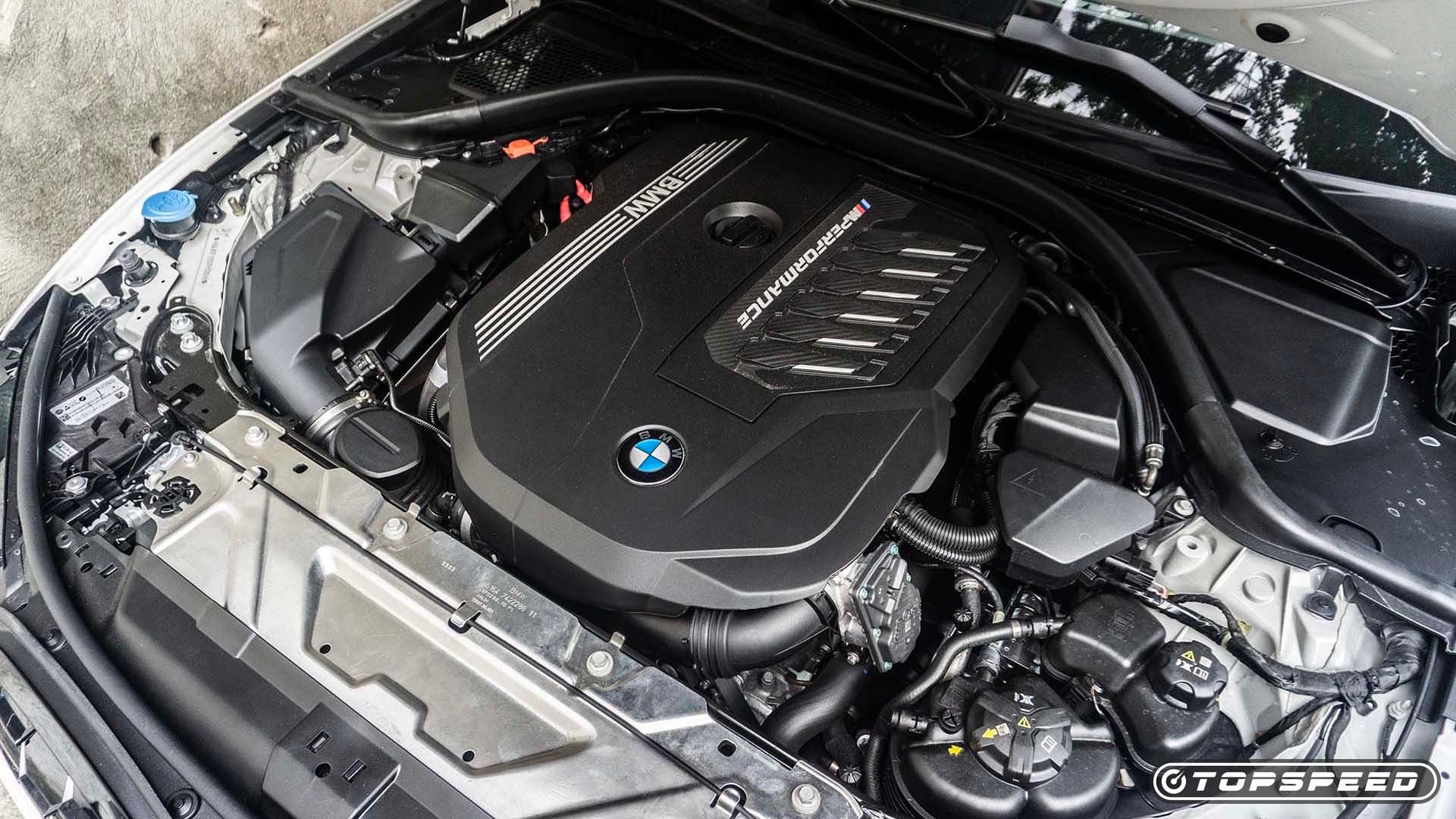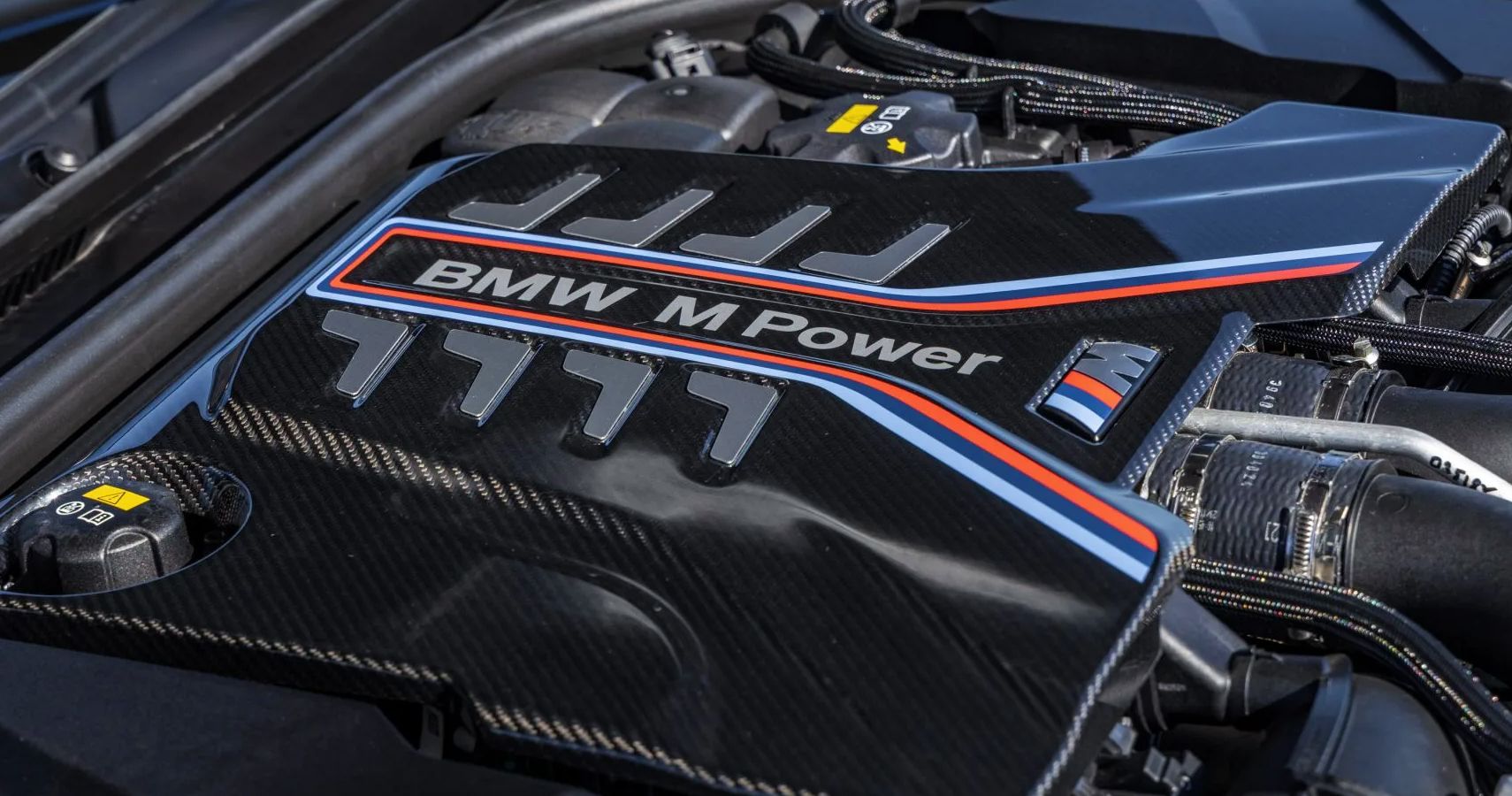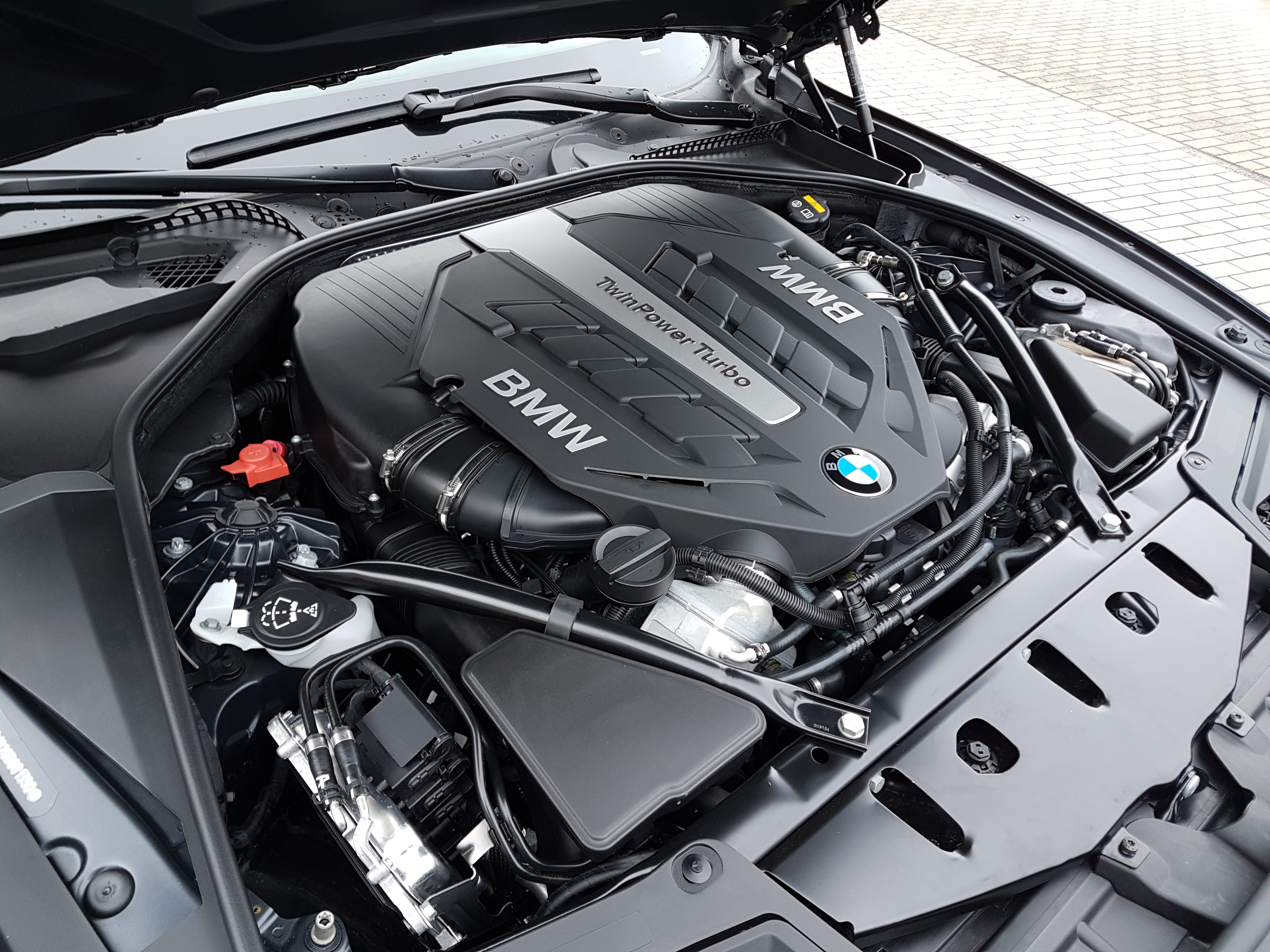A Comprehensive Overview to Understanding BMW Engine Specs
Wiki Article
Revealing the Intricacies of Next-Generation Power Units: a Deep Dive Into Advanced Engine Technologies and styles
As we stand on the precipice of a brand-new age in transport, the intricacies of next-generation engine designs bid us to explore the sophisticated technologies and technologies that promise to redefine the driving experience. Digging much deeper into the worlds of exhaust control, intelligent engine monitoring systems, and the perspective of power device advancement, we find ourselves on the cusp of a change that guarantees to reshape the landscape of flexibility as we understand it.Evolution of Engine Products

The change in the direction of advanced engine products has actually also allowed designers to create engines with higher power outcomes while preserving fuel performance criteria. As an example, the usage of light-weight products lowers the total weight of the engine, leading to enhanced fuel economic situation and reduced discharges. Additionally, developments in products innovation have actually enabled for far better thermal administration within engines, leading to increased integrity and durability.
Turbocharging and Supercharging Technologies
How do Turbocharging and Supercharging Technologies reinvent engine performance and performance in contemporary lorries? Turbocharging and turbo charging are modern technologies that considerably boost engine performance by increasing the amount of air consumption right into the combustion chamber. Turbocharging achieves this by using a turbine driven by exhaust gases to pressurize the consumption air, while turbo charging makes use of a belt- or chain-driven compressor to achieve the exact same effect.
These modern technologies enable smaller sized, much more fuel-efficient engines to generate power equivalent to larger ones, known as downsizing. By requiring more air right into the cylinders, supercharging and turbocharging enhance combustion effectiveness, resulting in raised horsepower and torque outcome without a substantial increase in engine dimension. This results in better velocity, lugging capacity, and total driving performance.
Additionally, turbocharging and supercharging add to enhanced gas effectiveness by allowing the usage of smaller engines that take in less gas under regular driving problems - bmw engine. This combination of boosted efficiency and performance has made turbocharging and turbo charging essential elements of many contemporary engine styles
Exhaust Control and Environmental Impact
With increasing international worries regarding air top quality and environmental sustainability, the application of discharge control modern technologies in cars plays an essential role in reducing harmful toxins launched right into the atmosphere. Modern lorries are furnished with advanced emission control systems that help minimize the ecological influence of vehicle procedures. Catalytic converters, for example, are developed to transform hazardous gases such as carbon monoxide gas, nitrogen oxides, and Discover More hydrocarbons right into less damaging compounds like co2 and water vapor.Additionally, improvements in engine innovation, such as the integration of exhaust gas recirculation systems and selective catalytic reduction, have considerably added to lowering exhausts. These modern technologies work in tandem to enhance combustion effectiveness and decrease the release of hazardous pollutants into the air. Additionally, the development of crossbreed and electric lorries stands for a vital step in the direction of minimizing the total environmental footprint of the transport industry.
Intelligent Engine Monitoring Systems

Moreover, these systems allow cars to satisfy stringent exhausts criteria without compromising performance, giving a much more eco pleasant driving experience. The combination of man-made intelligence and device knowing capabilities in engine monitoring systems remains to press the borders of what is feasible, causing more enhancements in performance, dependability, and overall vehicle performance. bmw engine. As automobile innovation advances, smart engine monitoring systems will play an essential duty fit the future of transport in the direction of an extra effective and sustainable instructions
Future Trends in Power System Development
As intelligent engine administration systems lead the means for improved control and optimization in contemporary automobiles, future fads in power device growth are poised to redefine the landscape of vehicle propulsion modern technologies. These different power sources provide boosted effectiveness and efficiency while aligning with rigid environmental regulations.Another significant trend is the integration of innovative products and making methods. Lightweight materials such as carbon fiber and aluminum are being used to lower overall vehicle weight, boosting gas efficiency and performance. Furthermore, developments in 3D printing and additive production are allowing the manufacturing of complex engine elements with higher precision and toughness.
Additionally, fabricated knowledge and artificial intelligence are playing a vital function in optimizing power unit efficiency. These technologies enable real-time tracking and flexible control, causing more efficient and dependable power shipment. In general, future patterns in power unit advancement are geared towards performance, sustainability, and performance, driving the auto industry in the direction of a new era of propulsion technologies.

Verdict
In verdict, the developments in engine materials, turbocharging, emission control, and intelligent management systems have led the way look at this site for next-generation power systems. These advancements have not only enhanced efficiency and efficiency however also minimized ecological influence. As modern technology proceeds to advance, future patterns in power system growth are most likely to concentrate on further boosting sustainability and optimizing power output. The detailed designs and technologies in modern-day engines display the ongoing development of automotive technology.Discovering the progressive innovations in engine materials has actually been essential in improving the efficiency and effectiveness of modern engines. Over the years, the development of engine materials has played an essential duty in pushing the boundaries of what engines can achieve.The change towards progressed engine materials has likewise allowed designers to develop engines with higher power results while maintaining fuel performance requirements.The implementation of smart engine monitoring systems in modern lorries has reinvented the way engines are regulated and enhanced for efficiency and performance. By gathering information in real-time and evaluating it with innovative algorithms, smart engine monitoring systems can adjust to driving styles, environmental aspects, and engine wellness to take full advantage of power result while lessening gas consumption and exhausts.
Report this wiki page